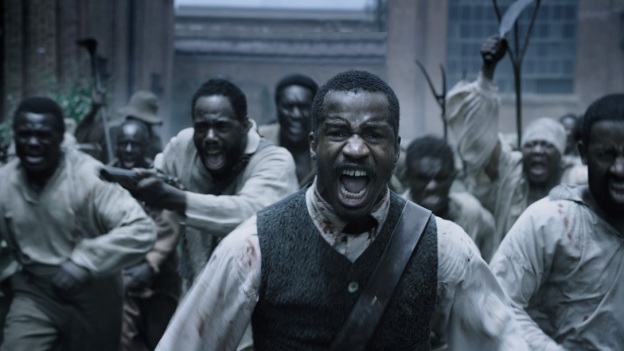
If you’ve ever seen a Kelly Reichardt movie, you know you’re in for a lot of what critic Josh Larsen calls a “glum beauty.” She makes slow-paced northwestern tone poems with elegantly underplayed character moments. As much as I respect her as a director, her unassuming style has sometimes hit me with mixed results.
But Certain Women is far and away the best film I’ve seen this year.
It’s based on three short stories about strong women in the Montana mountains by Maile Meloy. Reichardt entwines them subtly, almost imperceptibly, and each of them have themes which fall in line with the other two.

The first one, anchored by killer performances from Laura Dern and Jared Harris, follows a lawyer and her client who can’t accept that he has no case. He accepted his employer’s initial settlement, and his disability from the work place accident seems to have altered his personality. This means Dern’s lawyer character must become something of a babysitter, as his wife wants nothing to do with him.
This chapter ends with the most low-key hostage situation ever put to film, and I mean that as a compliment. Reichardt never strains for drama. Instead, she allows her actors and her unique talent for storytelling get her to those aforementioned character moments.
Michelle Williams as Gina kicks off the second act with possibly the best character moment in the film. She and her husband (James Le Gros) are trying to build a house together, and she wants it to be authentic. To achieve this, they need historic sandstone from Albert (Rene Auberjonois), a kindly but forgetful old man nearby.

Their negotiation of the sandstone sale is easily my favorite scene of the year. Reichardt makes the bland, grey Montana wilderness really mean something vital and important as Albert shuffles around his Alzheimer’s.
The final piece is definitely the most conventionally compelling. I’m not sure how Reichardt found Lily Gladstone, but I’m thrilled that she did, because this unknown actress is nothing short of a revelation.
Gladstone plays Jamie, a ranch hand who falls for a lawyer and night-school teacher (Kristen Stewart). Gladstone has a beautiful way of effortlessly portraying subdued anticipation. The story ends heartbreakingly, but it’s so well-acted and well-directed that it’s impossible to look away.

Reichardt simply knows exactly what she’s doing when it comes to compelling human drama that force-feeds you nothing. Certain Women is her at the very, very top of her game.
Certain Women = A+
‘Certain Women’ is rated R for some language.
-George Napper












